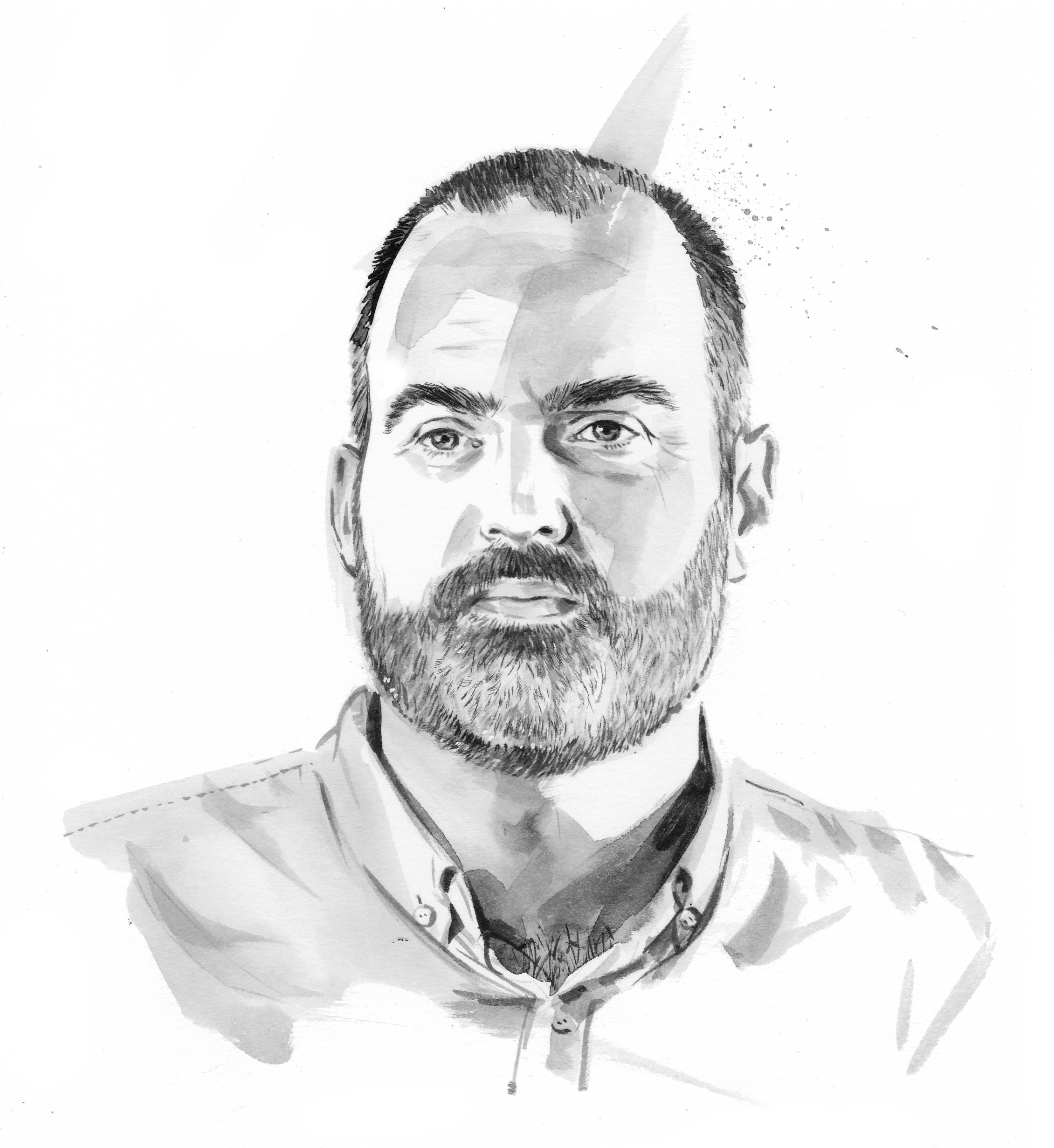Inset days are always a tricky balancing act. Leaders must allow opportunities for professional development and the sharing of school priorities while also making sure that staff have time to make those all-important preparations for students to return.
On top of this, they need to ensure that Inset training has a legacy that goes beyond the first week of term, supporting staff to improve their practice in a lasting way.
So, how can leaders make sure that the professional development they deliver at the start of the year is sustainable beyond September?
To ensure that teachers value their CPD, it is crucial that it is well designed and underpinned by good planning and robust evidence. It also helps if colleagues see September training as part of a longer-term supportive process, rather than a one-off event.
In 2021 the Education Endowment Foundation published a guidance report on effective professional development, underpinned by a wealth of international evidence. It offers clear principles for the design and delivery of effective CPD that is impactful and sustained.
What insights may be particularly useful for the annual ritual of September training? The guidance steers CPD designers to consider a “balanced approach”, including the following “mechanisms” that make CPD more likely to be effective: building knowledge, motivating staff, developing teaching techniques and embedding practice.
So how can we apply these to the September start and for the rest of the academic year?
Inset days: Teacher CPD with a lasting impact
Building knowledge
The challenge with building knowledge across a diverse staff is the same as it would be when teaching a group of pupils: there will be a vast array of different experiences and levels of prior knowledge. However, there are two handy strategies that can help to overcome this.
First, quizzing and assessing teachers’ prior knowledge beforehand: a mere 10 questions can help you to better calibrate the content of a session, and allow you to reference what staff already know. This is a technique you probably use with students all of the time.
More from Alex Quigley:
Second, it is critical to ensure that any theories or research evidence being shared are explored through the lens of different subjects and phases. This helps to make the CPD purposeful, while also reflecting the potential limitations of the evidence being used. For example, a study may have found good effects in science classrooms, but how sure are we that those effects would be replicated in an English classroom?
Motivating staff
Once again, it can be tricky to please all of the people all of the time. But staff will be motivated by the use of credible evidence sources and ensuring that any goals emerging from the September training are clear, shared and are part of an ongoing, supported process.
It’s important to remember that most new innovations fail, so some recognition of the need for trial and error can go a long way.
Developing teaching techniques
A focus on developing teaching techniques may well offer the biggest shift from the more traditional sit-in-the-hall-and-listen CPD session. Embedding some real-life practice and demos, along with feedback, offers a clearer focus on what teaching approaches will be supported and rewarded in the coming year.
Modelling, in particular, has been found to be an important part of effective professional development programmes for teachers.
Embedding practice
Finally, sustaining a focus on embedding practice may well be the most important driver to make the September start more meaningful. Staff may assume that the content covered in September CPD will be brushed under the carpet, meaning that enthusiasm wanes and they revert to old habits.
It may be helpful for school leaders to talk about when the September CPD sessions will be revisited. Alongside this, they can be explicit about how staff’s continued efforts will be supported and rewarded throughout the school year.
It is natural for highly trained, expert teachers to be a little cynical, and to attempt to preserve their hard-won habits. And yet, with a few targeted evidence-informed strategies, the September start can prove a meaningful and motivating opportunity to begin with powerful professional learning.
Alex Quigley is the national content and engagement manager at the Education Endowment Foundation. He is a former teacher and author of Closing the Writing Gap, published by Routledge





